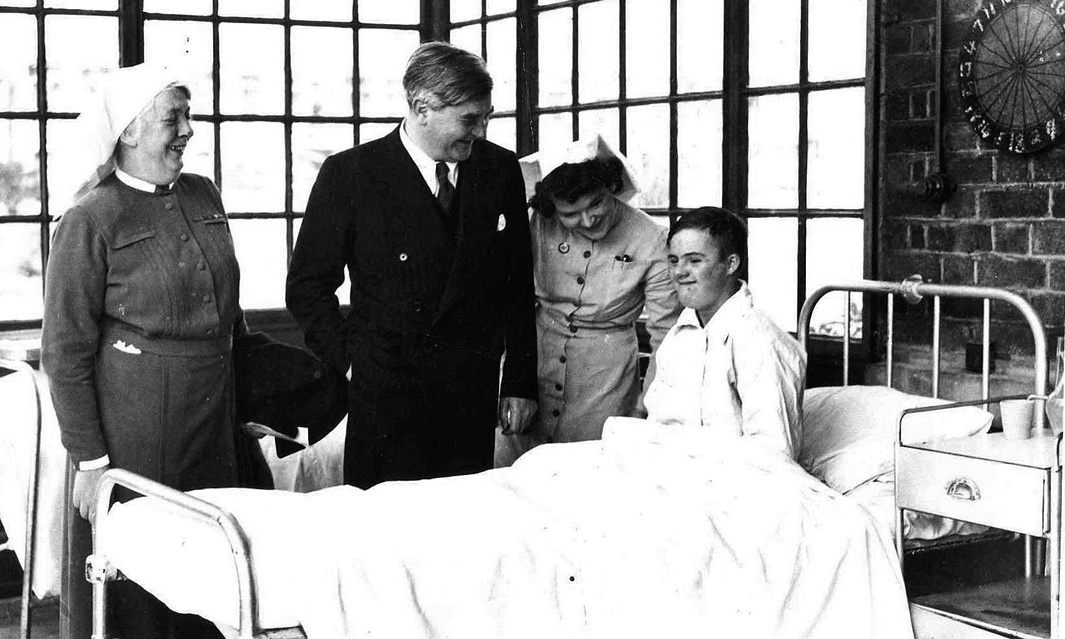How Stories Change the World
When recommending fiction as a bookseller, I sometimes heard the phrase “I don’t read fiction”. On enquiring further, there was a suspicion that fiction was somehow frivolous, made up, a poor alternative to reading non-fiction, which told you how the world really worked.
It’s a fundamental misunderstanding of the power of narrative to shape the world.
Humans are story machines. Homo Sapiens conquered the world because we evolved to think in the abstract. Up against a nasty, brutish environment we could rehearse alternatives: war-gaming alternative scenarios to avoid worst-cases.
But we were also able to share wisdom, taking our experiences and hard-won knowledge, encoding them into the prehistoric version of a meme: stories that were easy to remember, could be acted out or spread using art and language. Stories encoded everything from plants that could kill us (or keep us alive), to the history of the tribe. These snippets evolved with retelling, and eventually were wired together into epic tales.
You’ll know this if you’ve encountered Aboriginal cave art and songlines. Beautiful and otherworldy, it is also an incredibly effective way of encoding survival information. The difference between life and death in one of the most challenging environments on Earth.
—
Deep Dive: ‘The Citadel’, a 1938 film starring Robert Donat, was nominated for four Oscars in 1939 (including Best Picture). It was based on the bestselling novel by Scottish writer AJ Cronin, and that book was based on his experiences of the corruption and cruelty of the medical world whilst working as a doctor in the Welsh mining town of Tredegar. The book (and film) was wildly popular, changing the public mood towards the medical profession — and playing a critical role in leading to the creation of the NHS.
Read: The Science of Storytelling by Will Storr — Will is a brilliant wordsmith and storyteller, and it’s highly appropriate that he has written what unfolds as a journalistic investigation into the science behind us humans and our story machines.




Comments
Post a Comment
I welcome comments, but I do moderate them.